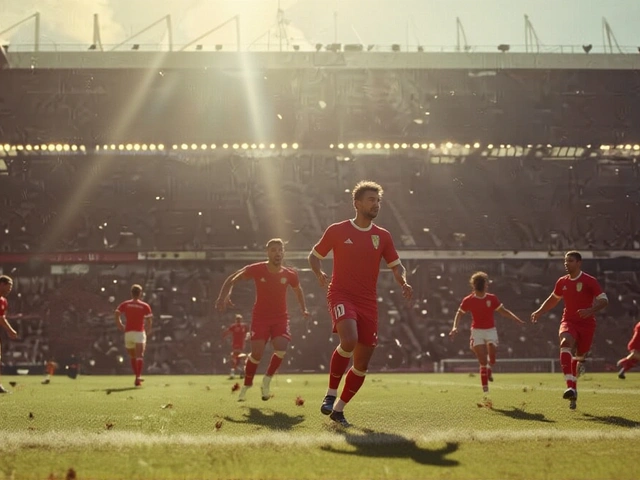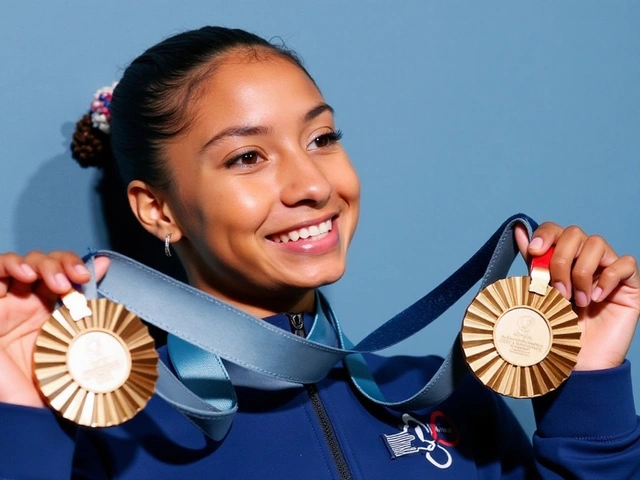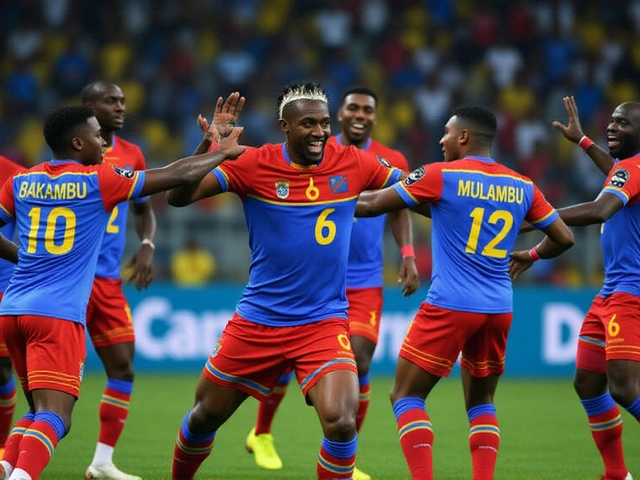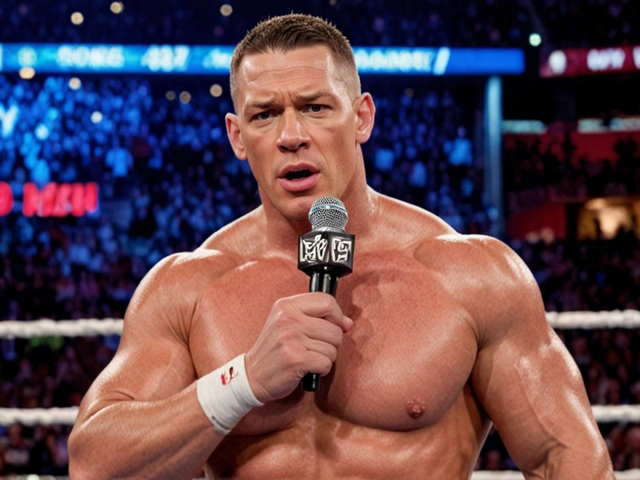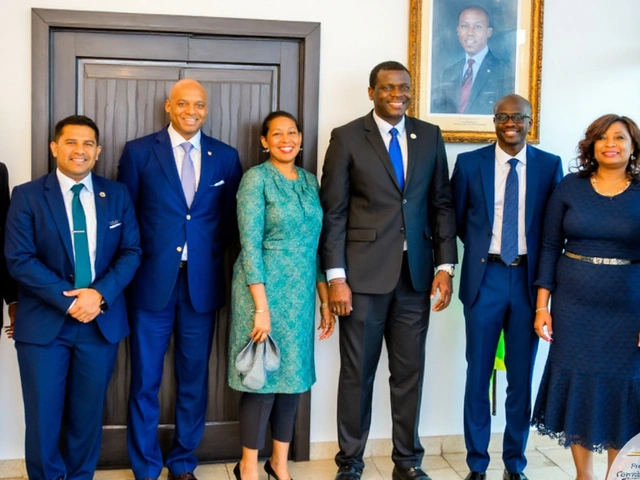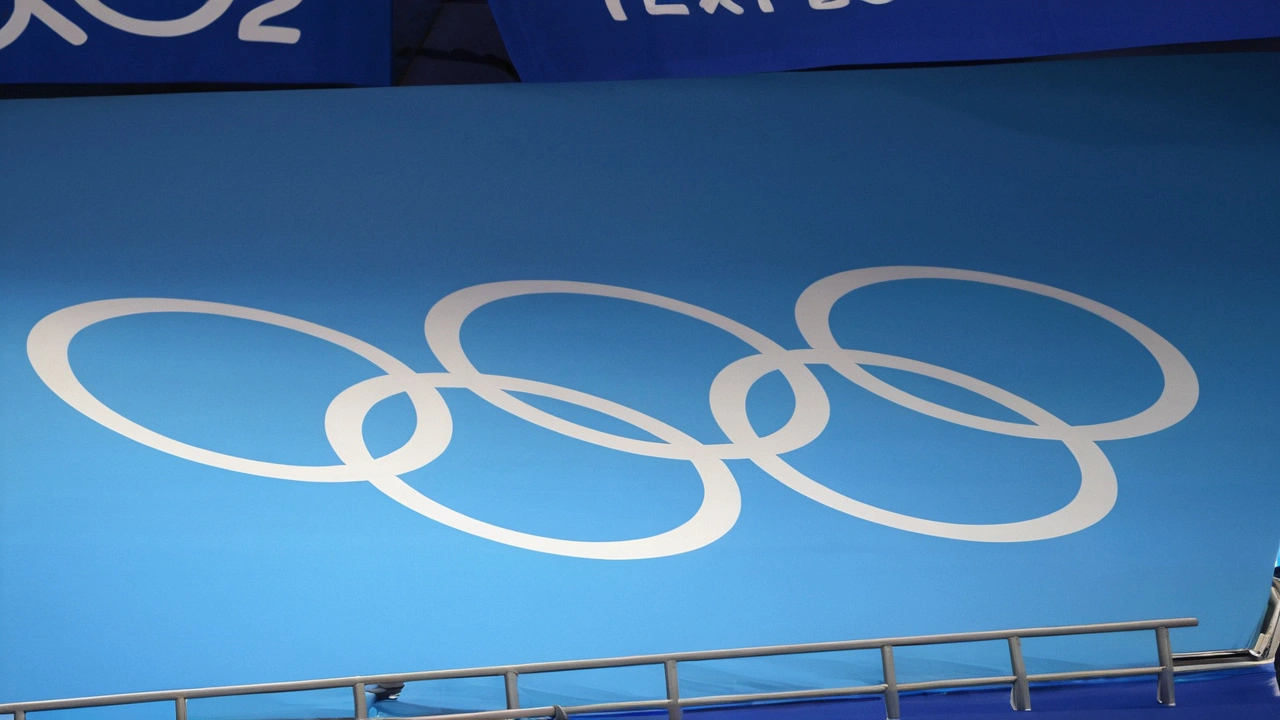
Russia's Exclusion from the 2024 Summer Olympics: An In-Depth Examination
Russia's absence from the 2024 Summer Olympics marks a stark reminder of the geopolitical tensions that continue to shape global sporting events. This ban is not just a blip in history but signifies the fourth consecutive Olympics—comprising two summer and two winter games—where the nation finds itself ostracized. The ongoing invasion of Ukraine, which began in February 2022, has placed Russia and Belarus in a position where they are not represented among the 206 National Olympic Committees participating in the upcoming games.
The Geopolitical Context
The International Olympic Committee (IOC) has long positioned itself as an entity above the fray of global politics, yet the complex realities of international relations have forced its hand. The conflict in Ukraine, which has claimed thousands of lives and displaced many more, serves as a broader context for this decision. The IOC's ruling aims to send a clear message that the invasion is incompatible with the Olympic spirit of peace and unity.
A Glimmer of Participation: Individual Neutral Athletes
In a move that balances inclusivity with condemnation, the IOC has allowed Russian and Belarusian athletes to participate under the title 'Individual Neutral Athletes.' These competitors will take part without displaying any national symbols, flags, or colors. Furthermore, their national anthems will not be played. This nuanced approach aims to allow innocent athletes to fulfill their Olympic dreams while also standing in solidarity against the conflict in Ukraine.
The criteria for these athletes are stringent. Any athlete who actively supports the war or is contracted to the Russian or Belarusian military or national security agencies is barred from participating. This decision not only maintains the integrity of the games but also sends a potent message to athletes who might be directly or indirectly involved in the ongoing conflict.
Historical Precedence: The Doping Scandal
This is not the first time Russia has faced exclusion from the Olympics. A cloud of suspicion and controversy has hung over the nation since the state-sponsored doping scandal that began in 2011 and was first exposed in 2015. The repercussions of this scandal were felt during the 2016 Rio Summer Olympics, where Russian athletes competed under a neutral flag. Over 200 Russian athletes participated in the 2022 Winter Olympics, but only a small number will compete in the 2024 Summer Olympics under the 'Individual Neutral Athletes' title.
The doping scandal served as a significant inflection point for the IOC, which has since been keen on ensuring the 'security and integrity' of the games. The ongoing ban due to geopolitical reasons can be seen as an extension of the IOC's commitment to maintaining a fair and level playing field for all athletes.
Impact on Russian Athletes
The emotional and psychological toll on Russian and Belarusian athletes cannot be understated. Athletes train for years, enduring grueling routines and personal sacrifices, all in preparation for their shot at Olympic glory. For many, the chance to represent their country on the global stage is the pinnacle of their careers. This ban not only affects their professional standing but also their personal lives and aspirations.
Despite these challenges, some Russian athletes have chosen to compete as Individual Neutral Athletes, seizing the opportunity to participate even without the backing of their national identity. These athletes are still subject to rigorous scrutiny to ensure that they have no affiliations with the military or security agencies and have not supported the invasion of Ukraine. Their participation under a neutral status is both a personal choice and a statement against the ongoing conflict.
The Broader Implications for Global Sports
The implications of this ban extend beyond the immediate context of the 2024 Summer Olympics. It raises questions about the role of sports in diplomacy and international relations. Can sporting events remain isolated from global politics, or are they inherently intertwined? The IOC's decision to exclude Russia and Belarus highlights the challenges of maintaining a neutral stance in a world increasingly defined by geopolitical conflicts.
Moreover, this ban sets a precedent for how international sports organizations might respond to future conflicts. The IOC’s stance sends a strong message to nations that actions on the global stage can have far-reaching consequences, including in the realm of sports. It also opens the door for other sporting bodies to take similar actions, potentially leading to a more politicized sports landscape.
Looking Forward
As the 2024 Summer Olympics approach, the focus will undoubtedly shift to the performances and stories of individual athletes. However, the absence of Russia will be a lingering backdrop, a reminder of the intersection of sports and global politics. For now, the IOC aims to maintain the 'security and integrity' of the games while navigating the complexities of an ever-changing geopolitical landscape.
The decision to ban Russia and Belarus underscores the IOC's commitment to upholding the values of unity, peace, and fair competition. Whether this approach will foster a more inclusive and harmonious global sports environment remains to be seen. What is clear, however, is that the stakes for athletes, sports bodies, and nations have never been higher.

